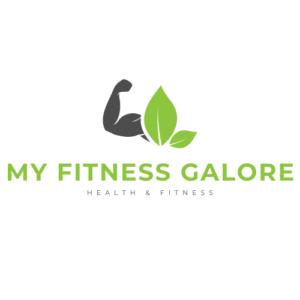In the pursuit of optimal health, the importance of a balanced diet cannot be overstated. It serves as the foundation for our well-being, providing the essential nutrients our bodies need to function at their best. However, in today’s fast-paced world, maintaining a perfectly balanced diet can be challenging. This is where dietary supplements come into play, acting as helpful allies in bridging nutritional gaps. But how significant are these supplements? And do they offer any real benefit to our overall health? In this blog, we delve into the role of supplements within a balanced diet, exploring their benefits, potential risks, and how they can fit into your daily nutritional regimen.
When considering supplements, it’s crucial to first understand what they are and why they exist. Supplements include vitamins, minerals, herbs or other botanicals, amino acids, and enzymes that come in various forms such as pills, powders, or liquids. They are designed to “supplement” your diet rather than replace whole foods. Whole foods provide a complex blend of nutrients—vitamins and minerals along with fiber—which work synergistically to promote health. For instance, an orange offers vitamin C but also fiber and antioxidants that you won’t get from vitamin C pills alone. Therefore, while supplements can support your diet by filling specific nutrient deficiencies or addressing certain health concerns like bone density or immune support during flu season—they should not be seen as substitutes for a varied and balanced diet rich in fruits and vegetables.
The use of supplements has grown significantly over recent years due to increased awareness about nutrition and personal health management. People turn to them for various reasons—from boosting energy levels and enhancing athletic performance to improving skin health or managing chronic conditions like osteoporosis or high cholesterol levels. However, it’s important to approach supplementation with careful consideration and ideally under professional guidance. Not all supplements are created equal; quality varies greatly between products due to differing regulations worldwide on manufacturing practices.
One major advantage of dietary supplements is their ability to address specific deficiencies which might be difficult to correct through food alone due primarily because modern agricultural methods sometimes strip away natural nutrients from our food sources or because individuals follow special diets that may lack certain nutrients (e.g., vegan diets lacking B12). For example, Vitamin D is notoriously difficult to obtain solely from food sources unless one consumes large quantities of fatty fish regularly—hence why many people opt for Vitamin D capsules especially during winter months when sunlight exposure is limited.
Despite the potential benefits of supplementation—there’s also risk involved if used improperly which could lead either toxicity if overconsumed (such as excess iron leading potentially dangerous levels) or counterproductive interactions with medications (like St John’s Wort interfering with antidepressants). This underscores the necessity for consulting healthcare professionals before starting any supplement regime who can provide personalized advice tailored towards individual needs rather than generic recommendations based on broad demographic data alone.
Ultimately integrating supplements effectively involves understanding not just what you’re putting into your body but why—and ensuring it complements rather than complicates existing dietary habits aimed at achieving balance naturally wherever possible first through wholesome eating patterns combined possibly then thoughtfully supplemented only when truly necessary based upon evidential scientific backing supporting its intended purpose aligned towards one’s unique lifestyle demands/preferences/goals accordingly!
In conclusion, while dietary supplements can play a supportive role in maintaining a balanced diet by filling specific nutrient gaps or addressing particular health issues—they should never replace whole foods that remain irreplaceable sources essential variety/nutrient complexity pivotal across comprehensive nutritional strategies underpinning long-term wellbeing holistically! As always informed choices guided via qualified experts ensure safer effective integration yielding optimal results throughout ongoing healthy living journey embarked upon wisely equipped empowered knowledgeably each step along way forward together harmoniously united shared goal better quality life embraced fully vibrantly sustainably today tomorrow beyond!
